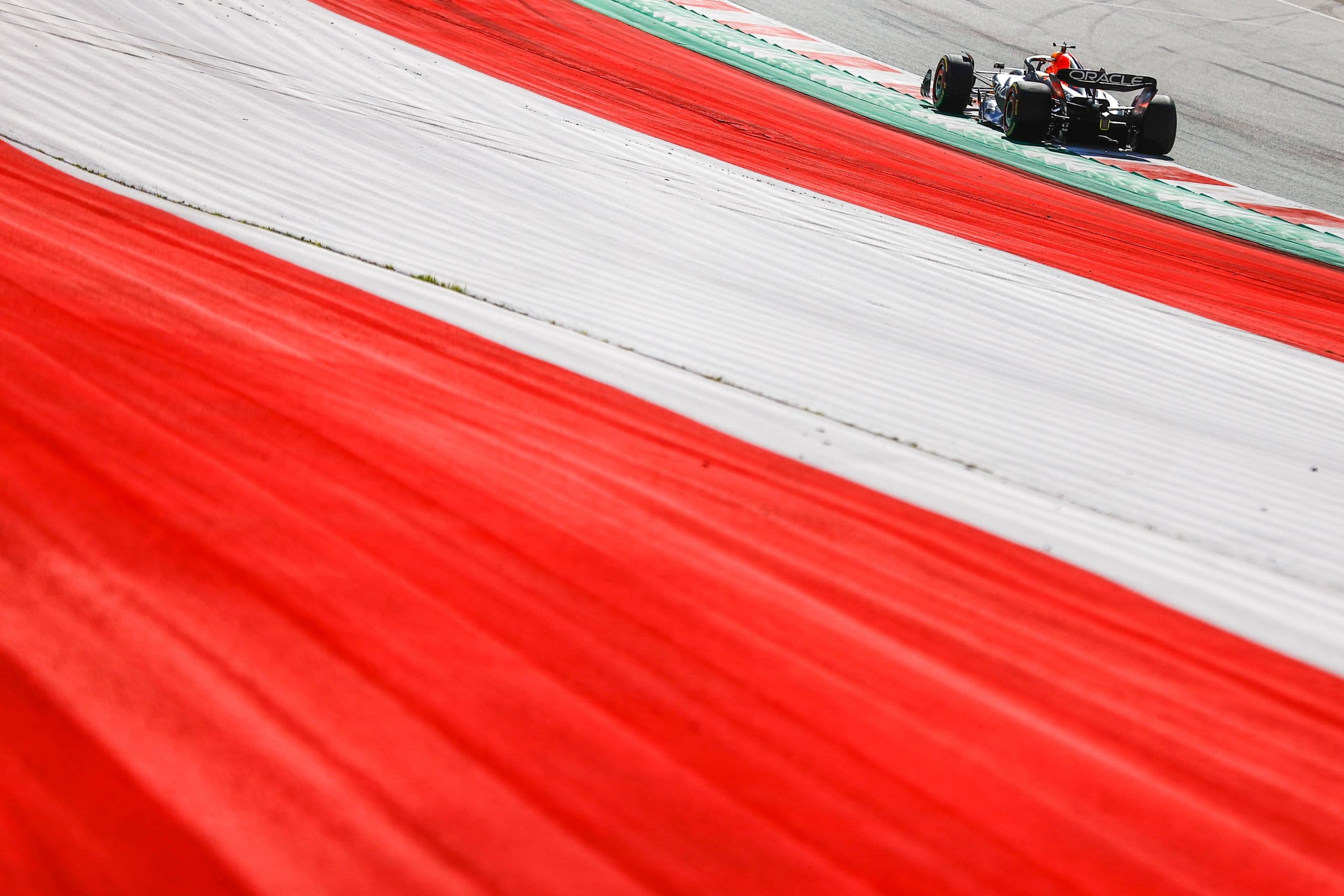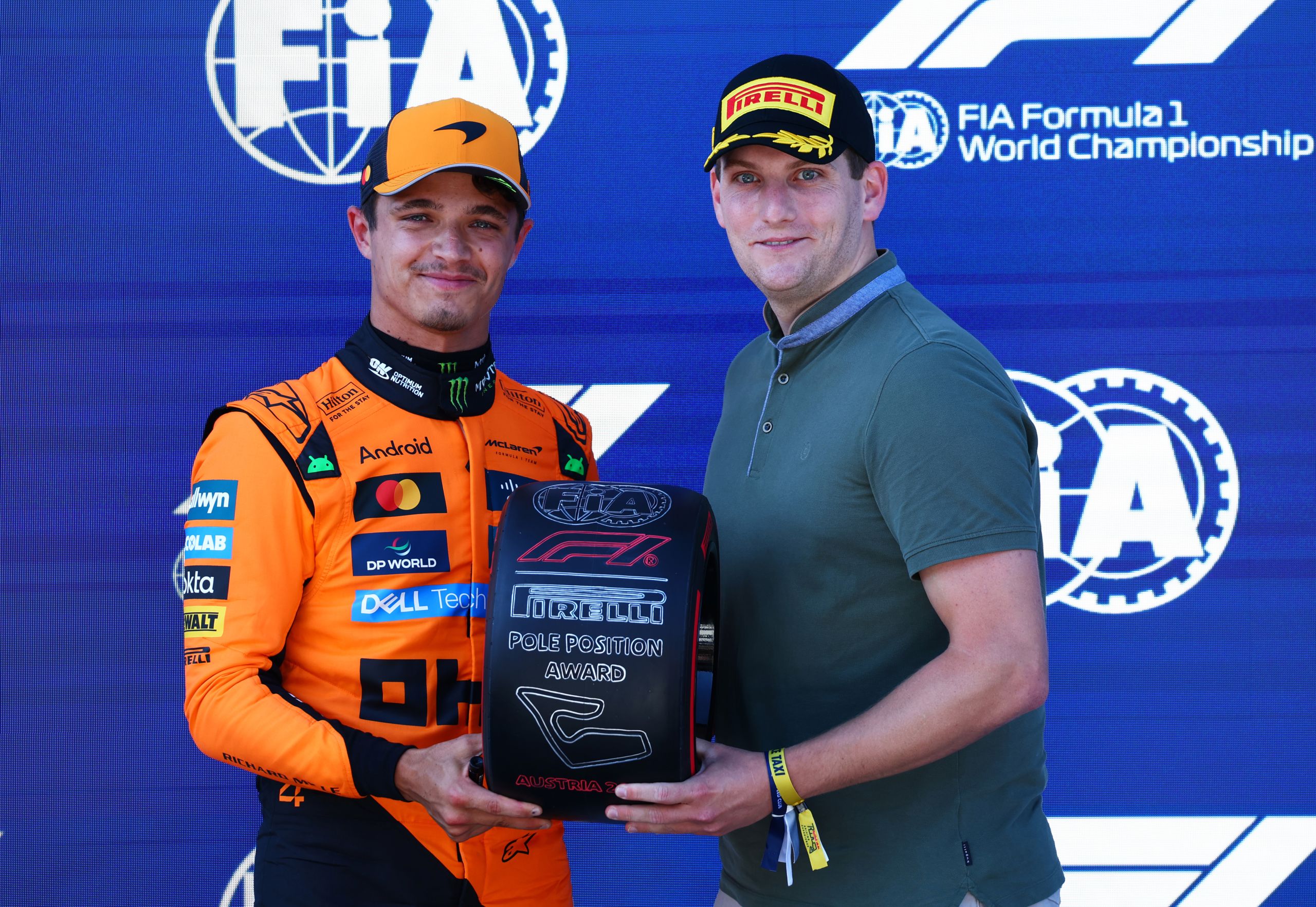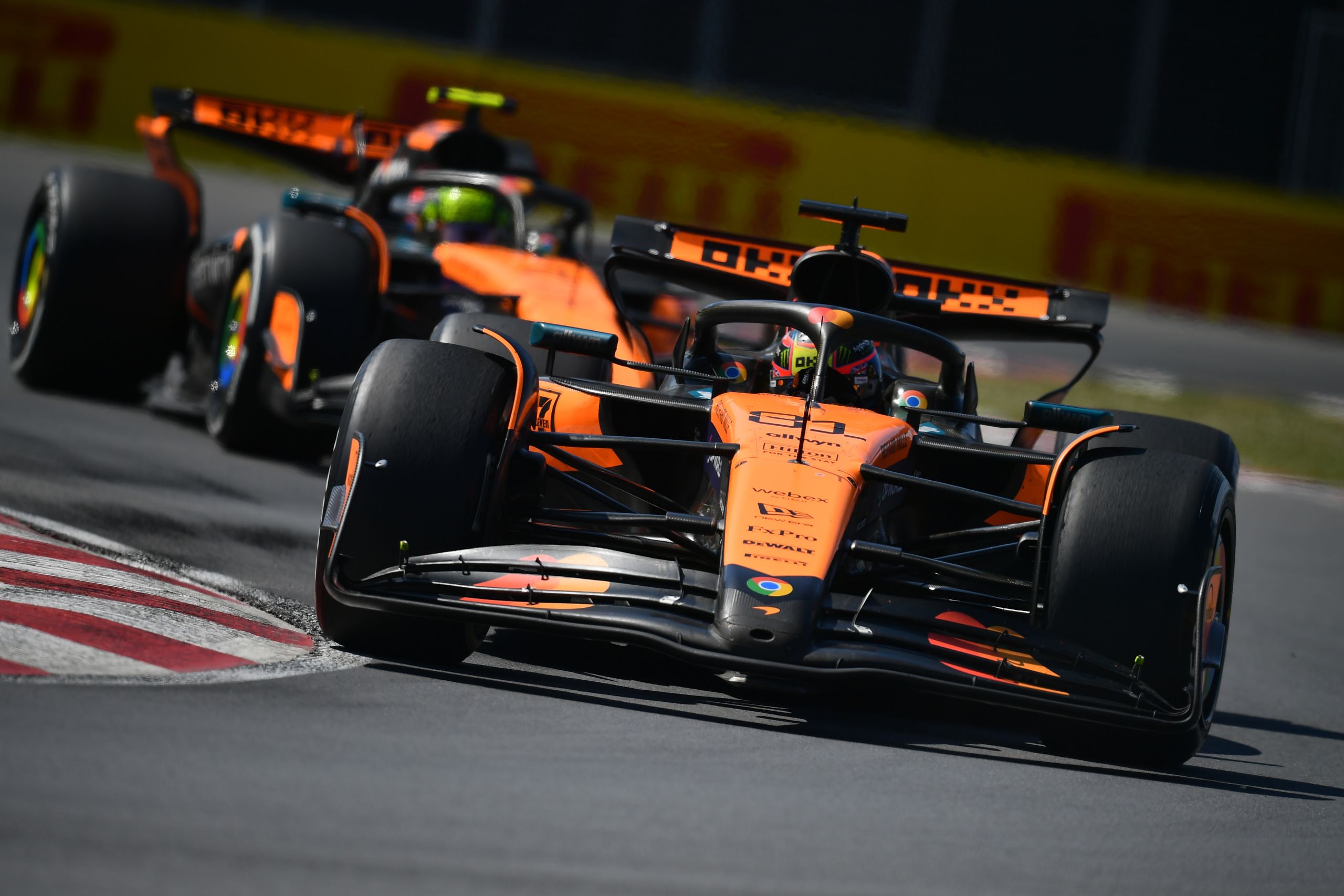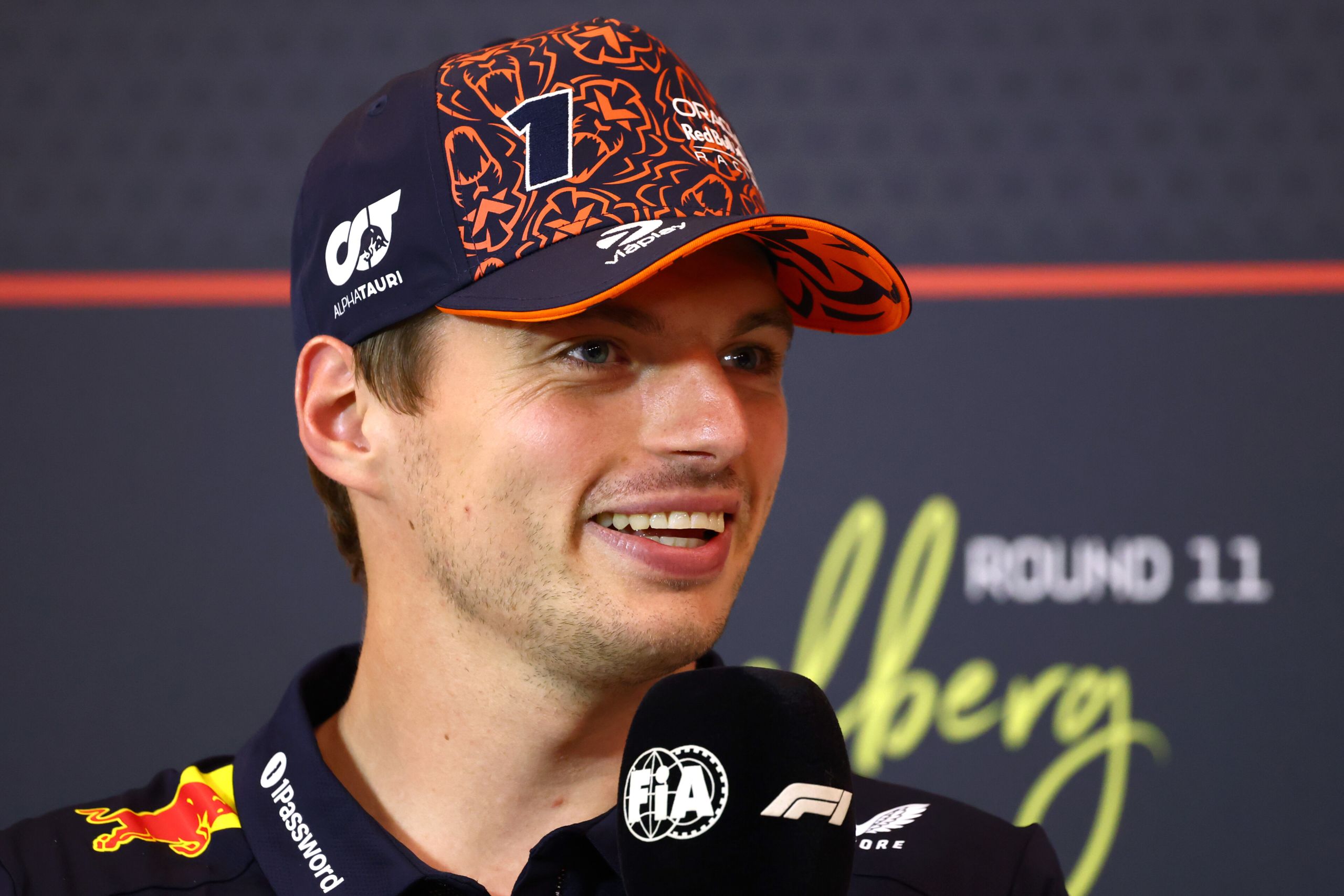Formula 1 Makes First Investment In Sustainable Aviation Fuel As Part Of Long-Term Ultra-Efficient Logistics Strategy
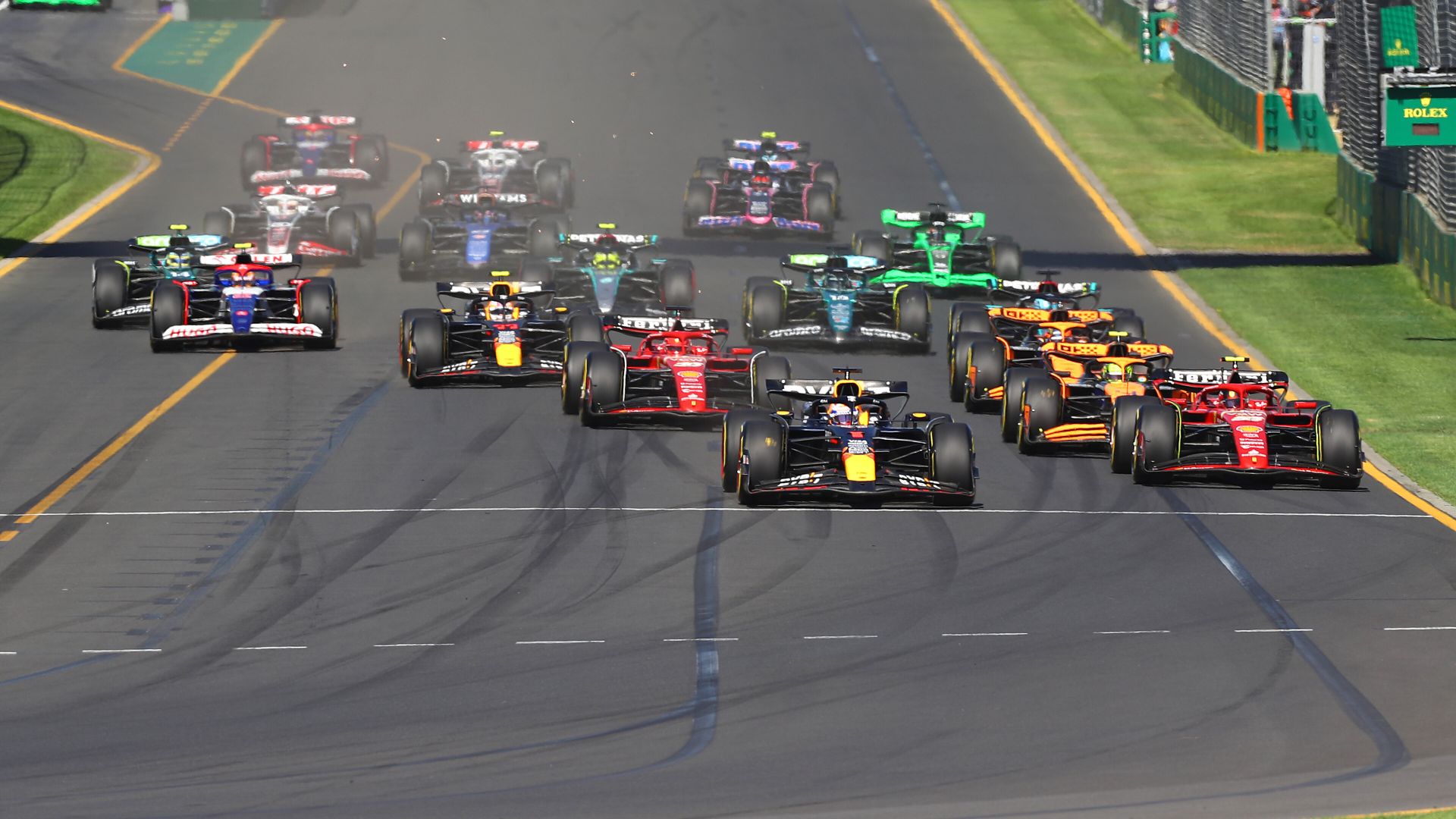
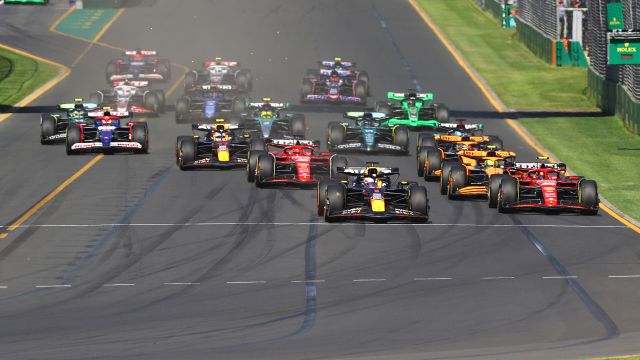
Formula 1® has announced its first investment in Sustainable Aviation Fuel (SAF) as part of its ultra-efficient logistics strategy and commitment to reaching Net Zero by 2030. The first phase of investment focuses on SAF purchases through Global Partner DHL for air cargo to and from flyaway races since the Australian Grand Prix in March and covers approximately 20% of subsequent cargo flights this season.
Using SAF delivers an estimated 80% reduction in associated carbon emissions per flight, which means that the flights covered by SAF purchases in the 2024 season are estimated to save over 4,500 tCO2e (tonnes of carbon dioxide equivalent), compared to the use of conventional aviation fuel.
In this first phase of investment, Formula 1 is procuring SAF using the industry-recognised ‘book and claim’ model through DHL’s GoGreen Plus service. As the sector and SAF infrastructure is expanding, it is not possible to directly fuel cargo planes used to move F1 freight with SAF. Instead, DHL has enabled F1 to ‘book’ the needed fuel amount, which then gets added to the supply chain in other planes where SAF is directly available. This ensures a high standard of product quality and traceability, with all carbon reductions verified before F1 can ‘claim’ them in their carbon footprint. This model helps reduce carbon emissions with current SAF volumes and encourages future market growth.
SAF is the latest example of F1’s continued transition to sustainable fuels across the sport and its operations. From 2026, F1 cars will run on 100% sustainable fuel, while F2 and F3 will reach that standard by next season having been at 55% since the start of 2023, and the FIA Safety and Medical cars currently use 40% sustainable fuel. Grands Prix in Europe are delivered using biofuel-powered trucks, as well as events throughout the calendar using alternative energy solutions, such as biofuel. From next season, F1 will also power key operational areas of all European Grands Prix, such as the Pit Lane and Paddock, using a low-carbon power solution provided by Aggreko, which reduces emissions in the supplied areas by more than 90%.
Ellen Jones, Head of ESG, Formula 1 said: “Formula 1 has always been at the forefront of innovation, and our early stage investment in Sustainable Aviation Fuel is a testament to our dedication to deliver on our Net Zero by 2030 commitment. SAF is just the latest step for the business, and underscores how alternative fuels both on and off track can materially reduce carbon emissions. This delivery of our sustainability strategy is only made possible through coordinated actions across our sport.”
Paul Fowler, Head of Motorsports Logistics, DHL said: “Our longstanding partnership with Formula 1 is built on a shared passion for innovation and excellence. We are committed to using our expertise to transport Formula 1’s cars and equipment around the world in the most efficient way possible. With 40 years of expertise in motorsports logistics, we are focused on cutting down greenhouse gas emissions and making motorsport more sustainable with every step we take.”
SAF is a core part of Formula 1’s alternative fuel strategy which will enable the sport to reach Net Zero by 2030 and its use will be extended in the coming months and years. In addition to the use of SAF, Formula 1 has already taken a number of steps to address its footprint associated with travel and logistics, including:
- Using biofuel-powered trucks to deliver the nine European Grands Prix, which reduced emissions in 2023 by an average of 83% compared to traditionally fuelled trucks.
- Rationalising the FIA Formula One World Championship calendar where possible to create a better flow of races.
- Utilising regional hubs in Europe, UAE, and the US to reduce the distance freight travels between events.
- Redesigning cargo containers to fit onto more efficient Boeing 777 aircraft, reducing emissions by around 17%.
- Implementing an industry-leading remote broadcast operation that means less equipment and people travel to Grands Prix, with most of the production across a race weekend taking place in F1’s Media & Technology Centre in Biggin Hill, UK.


